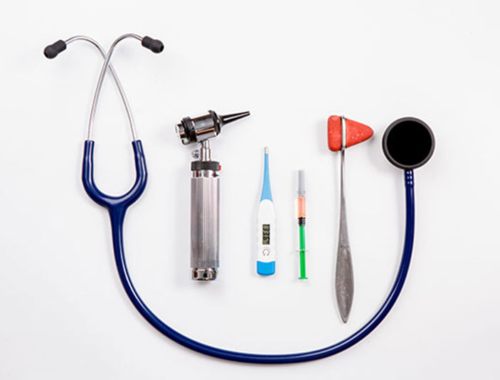The Essential Feeding Strategies for Healthy Poultry
Are you a poultry farmer striving to raise healthy and productive chickens? One of the key factors in achieving optimal poultry health and productivity lies in their feeding strategies. A well-balanced and nutritious diet can significantly impact the overall well-being of your flock. In this article, we will explore some essential feeding strategies to ensure the health and vitality of your poultry.
Introduction to Feeding Strategies
Feeding your chickens with the right combination of nutrients, vitamins, and minerals is vital to support their growth, development, and immune system. Adequate nutrition also enhances egg-laying capabilities, meat quality, and overall flock health. Let’s dive into some effective feeding strategies for healthy poultry.
1. Provide Balanced Diet
Just like humans, poultry require a balanced diet to maintain good health. The ideal diet consists of grains, protein sources, vitamins, minerals, and fresh water. You can offer a commercial feed formulated specifically for each stage of growth, such as starter, grower, and layer feeds. These feeds are carefully formulated to meet the nutritional requirements of chickens at different ages and production stages.
2. Offer Fresh, Clean Water
Water is a crucial element in maintaining the well-being of your poultry. It aids in digestion, nutrient absorption, lubricates joints, and regulates body temperature. Ensure your flock has easy access to fresh, clean water at all times. Regularly clean and refill their waterers to prevent contamination and encourage proper hydration.
3. Supplement with Grit and Oyster Shells
Grit is essential for chickens as it aids in digestion by grinding food particles in the gizzard. Provide your flock with insoluble grit, such as crushed granite or small stones, to assist their digestive process. Additionally, offering oyster shells as a calcium supplement helps strengthen eggshells and prevents calcium deficiencies in laying hens.
4. Kitchen Scraps and Foraging
To add variety to your flock’s diet, you can introduce kitchen scraps as a treat. Ensure that the scraps are safe for consumption and avoid offering spoiled or moldy food. Chickens also enjoy foraging for bugs, worms, and fresh greens in the outdoor areas. This natural behavior provides mental stimulation and a nutritious addition to their diet.
5. Monitor Feed Consumption
Regularly monitor your poultry’s feed consumption to ensure they are receiving an appropriate amount of food. Overeating can lead to obesity and health issues, while underfeeding can result in malnutrition and decreased egg production. Observe your flock’s body condition and adjust their feed accordingly.
Conclusion
Feeding strategies play a vital role in maintaining the health, productivity, and overall well-being of your poultry. Providing a balanced diet, fresh water, supplements, and a variety of treats can enhance their growth, egg-laying capabilities, and disease resistance. Regularly monitor their feed consumption and make adjustments as needed. By implementing these feeding strategies, you are ensuring the health and happiness of your feathered friends.
FAQs
Q1: Can I feed my chickens only kitchen scraps?
A1: While kitchen scraps can be offered as treats, they should not constitute the sole diet of your chickens. A balanced commercial feed should form the bulk of their nutrition, complemented with treats and foraging opportunities.
Q2: How much feed should I provide to my chickens?
A2: The amount of feed depends on the breed, age, and production stage of your chickens. It is recommended to provide approximately 1/4 to 1/2 pound of feed per chicken per day and adjust accordingly based on their body condition and appetite.
Q3: What are the signs of malnutrition in poultry?
A3: Signs of malnutrition in poultry include poor feather quality, reduced egg production, slowed growth, weight loss, weak bones, decreased immune function, and increased susceptibility to diseases.
Q4: Can I offer my chickens fish or meat scraps?
A4: It is generally safe to offer small amounts of cooked fish or meat scraps to chickens as a source of protein. However, it should be given in moderation, without excessive salt or seasonings, and as part of a balanced diet.
Q5: How often should I clean the waterers?
A5: Waterers should be cleaned and refilled with fresh water daily to ensure cleanliness and prevent the growth of harmful bacteria. Regular cleaning and maintenance promote good poultry health.
Remember to always prioritize the well-being of your poultry by providing them with a nourishing and varied diet. Happy and healthy chickens will reward you with delicious eggs, robust meat, and the joy of a thriving flock.
You May Also Like

Understanding Alarm Valves in Fire Protection Systems
May 31, 2023
A Trusted Financial Partner for Malaysians
June 15, 2023
